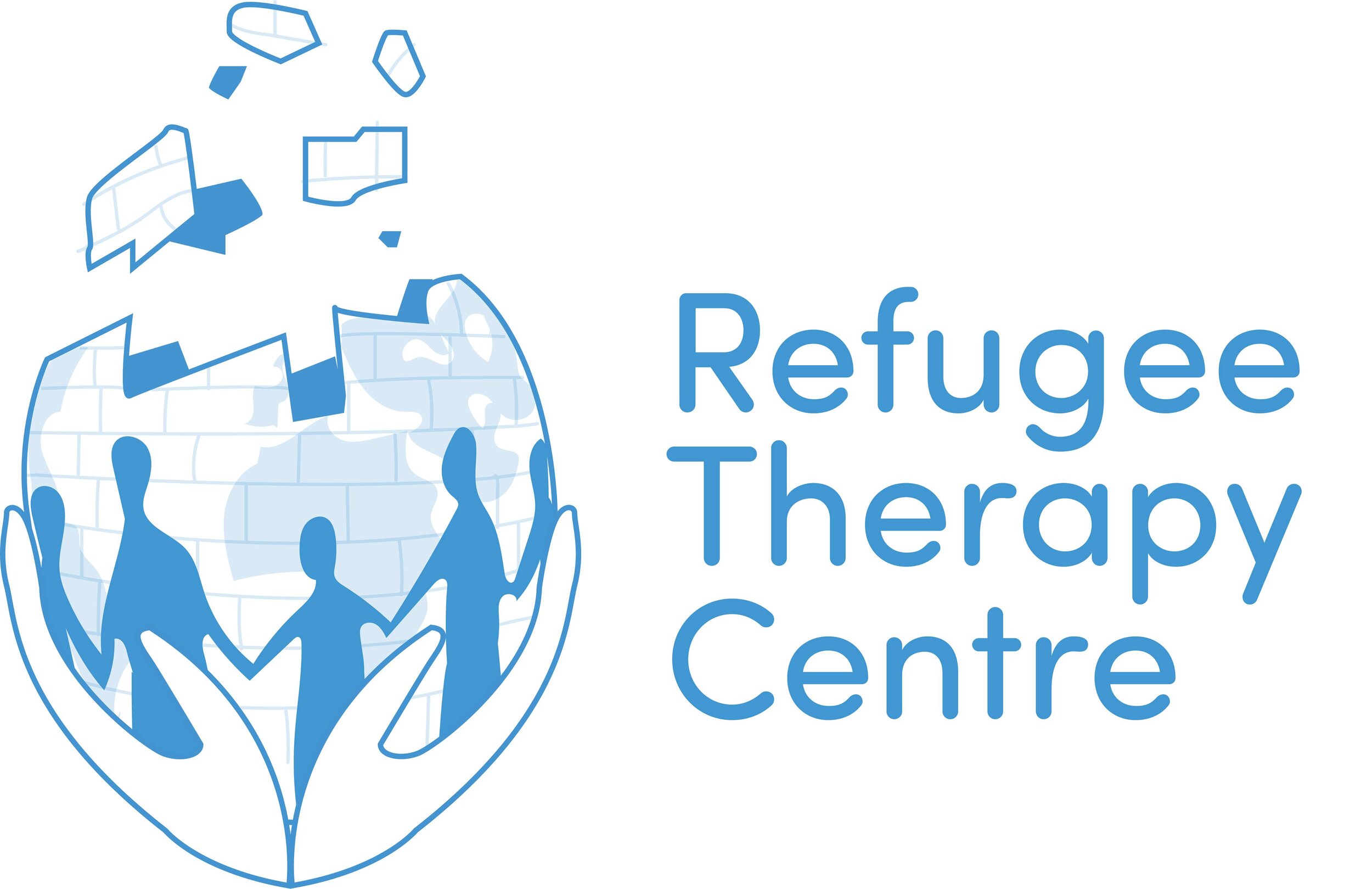What is Psychotherapy?
We start from the position that psychotherapy is the considered and intentional use of the therapeutic relationship; based on a therapeutic alliance between patient and therapist, intended to serve the goals of the patient. The relationship is central to the therapeutic intervention; and the person of the therapist is a major contributor to successful outcomes. We place an emphasis on self-reflective practice, self-understanding, interpersonal encounters and sensitivity to attunement, mis-attunement and repair in maintaining an effective therapeutic alliance. By creating and maintaining a clearly formulated and secure therapeutic relationship, this enables therapist and patient alike to focus upon complex interpersonal and intrapsychic issues at conscious and unconscious levels of interaction.
Our approach is intercultural, and focuses on building intercultural competencies in clinical intervention, with a specific focus on trauma and in particular the traumatic experience of refugees, asylum seekers and the destitute. It stresses the importance of the therapist’s role in providing a containing relationship in which the deficits resulting from earlier development of the patient can be restored in the present through therapeutic dialogue. It takes into consideration culture, issues of separation, loss and arrival in the place of refuge, the social and intrapsychic impact of racism, prejudice and discrimination.
We are aware that such practice requires thinking, sensitivity, responsibility, maturity and ability to tolerate ambiguity and uncertainty. Through the many facets of this approach, we can develop a therapeutic approach that has its own internal coherence and which reflects our personal style. It requires a commitment to maintaining and tolerating several views, even when these appear to be contradictory, in an effort not to foreclose prematurely on a particular point of view. These differing views serve as a system of continuing self-supervision so that any position taken is a flexible one and responsive to the particular needs and circumstances of a particular patient, at a particular time, in a particular context. Such an approach to working with refugees can serve as an underpinning for both brief and longer-term psychotherapy.
We as clinicians at the RTC think of ourselves as students and are committed to making ourselves subject to constant learning and evaluation both professionally and personally.
Many refugees and asylum seekers who come to this country have witnessed and experienced severe atrocity and human right violations, including humiliation, persecution, torture and imprisonment, as well as war, loss and displacement. The RTC was established in 1999 in response to a growing need for specialist therapeutic service for refugees and asylum seekers, a service that would respect and work with individuals’ linguistic and cultural needs. We offer individual, group, couple and family therapy based on an assessment of each individual’s needs.
Our aims are:
Helping refugees feel empowered to deal with their psychological distress by offering a culturally and linguistically sensitive therapeutic service. Providing a supportive and containing environment in which people who have endured trauma are better able to understand their feelings and experiences.
Helping to ease the demanding and intricate processes of adaptation many refugees have to face. Providing a safe, supportive space in which people can rediscover their abilities and regain their confidence to be active members of society.
Giving priority to children, young people under 25 and their families, and those who have been in the UK for less than 10 years.
Providing initial training in psychotherapy, counselling, administration or other skills for refugees working at the Centre, to encourage re-entry into the job-market and society in general.
During 20 years, the RTC has offered expertise and education in the delivery of an integrated and user-friendly mental health service for people who have endured considerable trauma and forced displacement. The Centre provides psychotherapy, counselling and associated treatments to refugees and asylum seekers in their own language. we endeavour to help people to deal with and overcome psychological problems in a creative, supportive, respectful and containing environment in which they are better able to understand their feelings and experiences, and through this to feel more content about themselves. This provides people with an opportunity to regain confidence, learn new skills and find the resilience and empowerment that enables reintegration. In particular we are eager to help ease the demanding and intricate processes of transition many traumatised people have to face before they are able to become integrated, economically strong and productive members of their new host society.
In addition to psychotherapy and counselling, we also have provided, in the past:
A Bi-lingual Support Outreach/Community Development Service, providing a more active style of support to people in coping with practical issues related to the process of resettlement. Support workers are also engaged in outreach work to build links with refugee communities.
A Mentoring Project ; one-to-one session work to support patients in the process of adapting to a new environment, improve their English as well as help children and young people with school work.
Those of us working at the RTC think that the following values lie at the heart of the organisation and its success. These values are an integral part of all its work:
Respect and recognition
Development of both staff and their values
Serving patients and the wider community
Accountability
Equal opportunities
Fairness
Each person at the RTC incorporates these values into all aspects of their work, as the expression of these values fundamentally shapes the establishment of both internal and external relationships as well as the organisation as a whole

